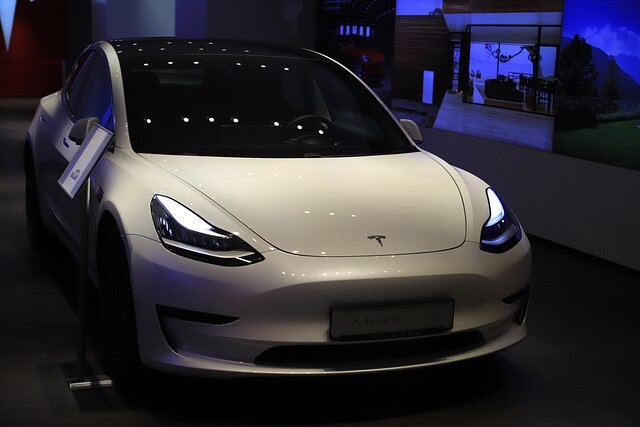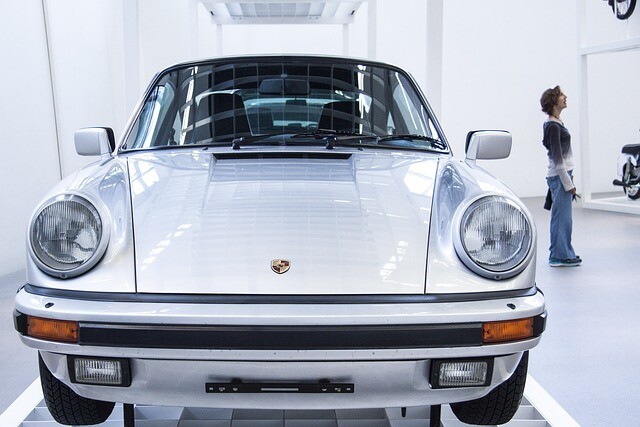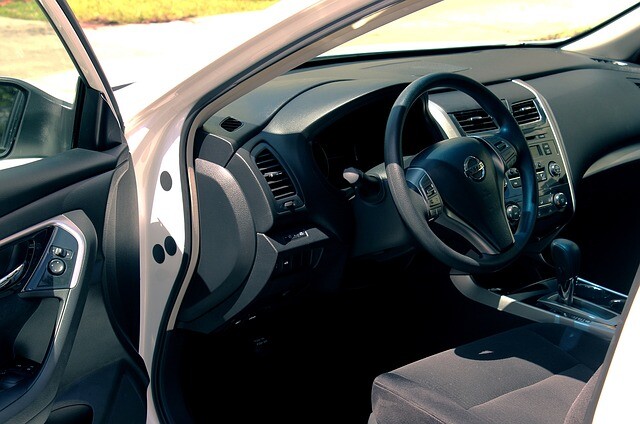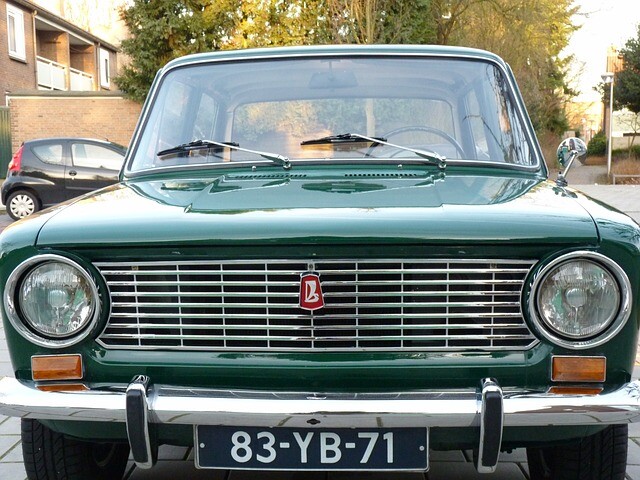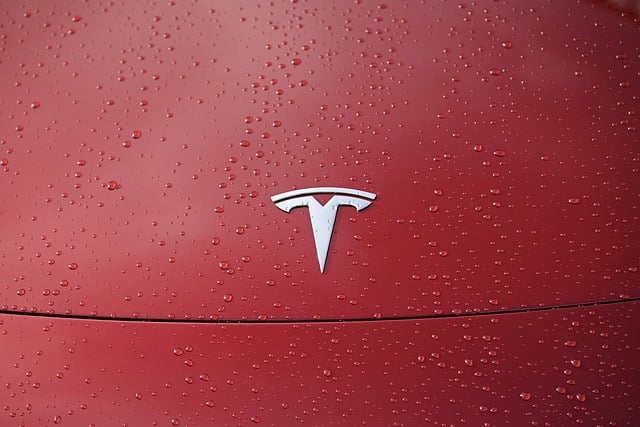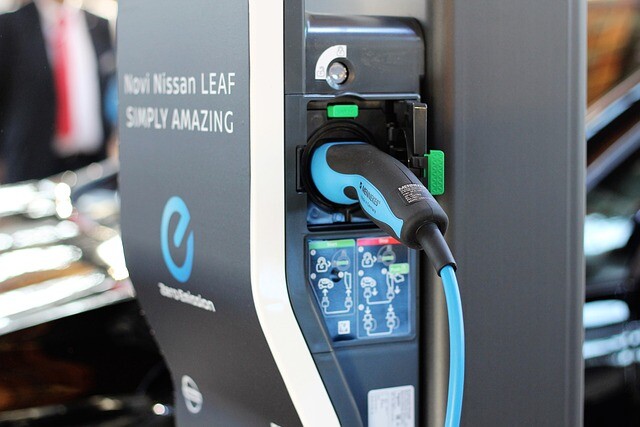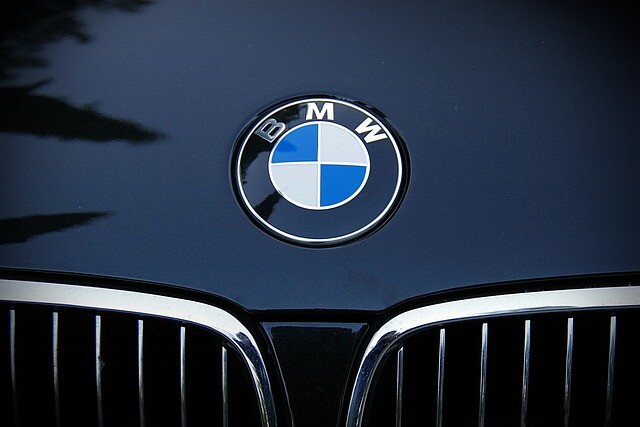Production in the British car industry plummeted to a six-year low last year
According to an annual summary released by the British Automobile Manufacturers and Dealers Association (SMMT) on Thursday, 859,575 passenger cars were produced in Britain in 2021, 6.7 per cent less than a year earlier.

SMMT points out that last time fewer vehicles were produced in British car factories in 1956: the British car industry produced 707,594 cars that year.
The trade union said 61,353 fewer cars were produced in Britain last year than in 2020, even though the British car industry suffered severely from the effects of the coronavirus epidemic last year.
According to SMMT’s Thursday summary, there were 34 per cent fewer cars produced in UK manufacturing plants in 2021 than in 2019, the last full year before the coronavirus epidemic.
Last year, the number of cars produced for export fell by 5.8 per cent and the number of vehicles produced for the UK market by 10.6 per cent.
81.2 per cent of the UK car industry’s output last year went abroad and the largest market remains the European Union, despite Britain exiting the EU in January 2020.
According to an SMMT report on Thursday, in 2021, 55 per cent of UK car exports were accounted for by EU countries.
This means that the EU's share of British car exports has even risen, with 53.5 per cent of total exports to the EU-27 last year.
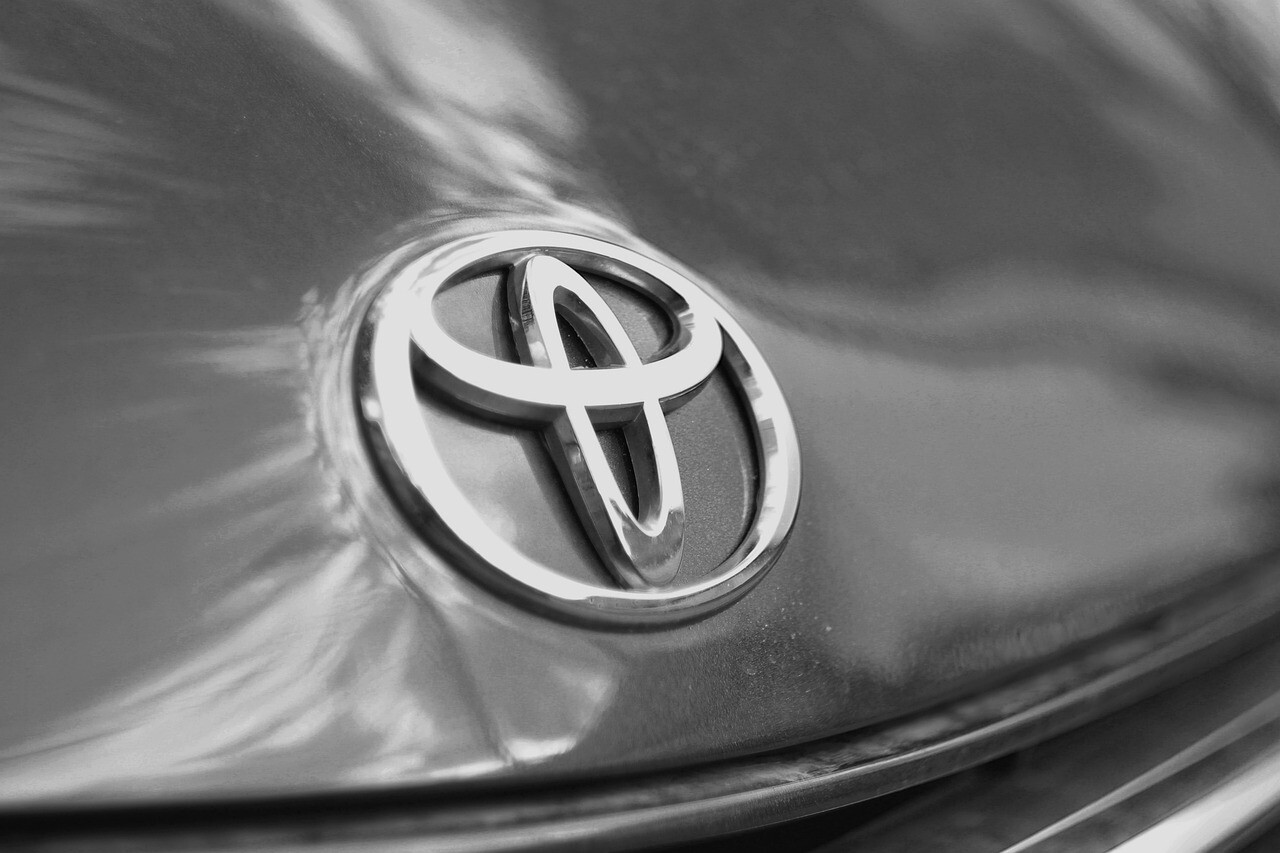
A transitional period of 11 months began after the end of British EU membership two years ago (Brexit), during which much of the pre-exit regulatory regime remained in trade with the EU.
The transitional period expired on 31 December 2020, but London and the European Union agreed at the last minute, before Christmas 2020, on a free trade agreement providing for duty-free and quota-free trade in bilateral goods.
Of the manufacturers present in the British economy, Honda suffered the most from the epidemic last year: the British conglomerate’s British plant produced 54,465 vehicles in 2021, down 21.53 per cent from 2020.
Among the largest companies, Nissan’s UK output fell 16.7 per cent.
Vauxhall's UK plant, which produces cars of much the same design as Opel but sold under other brands, produced 14.9 per cent fewer cars last year than it did two years ago.
SMMT stresses that one of the main reasons for last year’s downturn was the severe semiconductor shortage caused by disruptions in global supplier networks disrupted by the pandemic.
Manufacturers have also been hit by labor shortages, given that a large number of employees have had to lay off due to coronavirus infections.
Added to this was the fact that car dealerships were closed for months last year due to the shortages, which pushed down demand, SMMT said in a report on Thursday.
British carmakers reached an absolute low in April 2020, at the height of the first wave of the UK coronavirus epidemic: just 197 cars were made in Britain that month, 99.7 per cent less than a year earlier.
(Source: autokalauz.co.hu; MTI | Image: pixabay.com)

